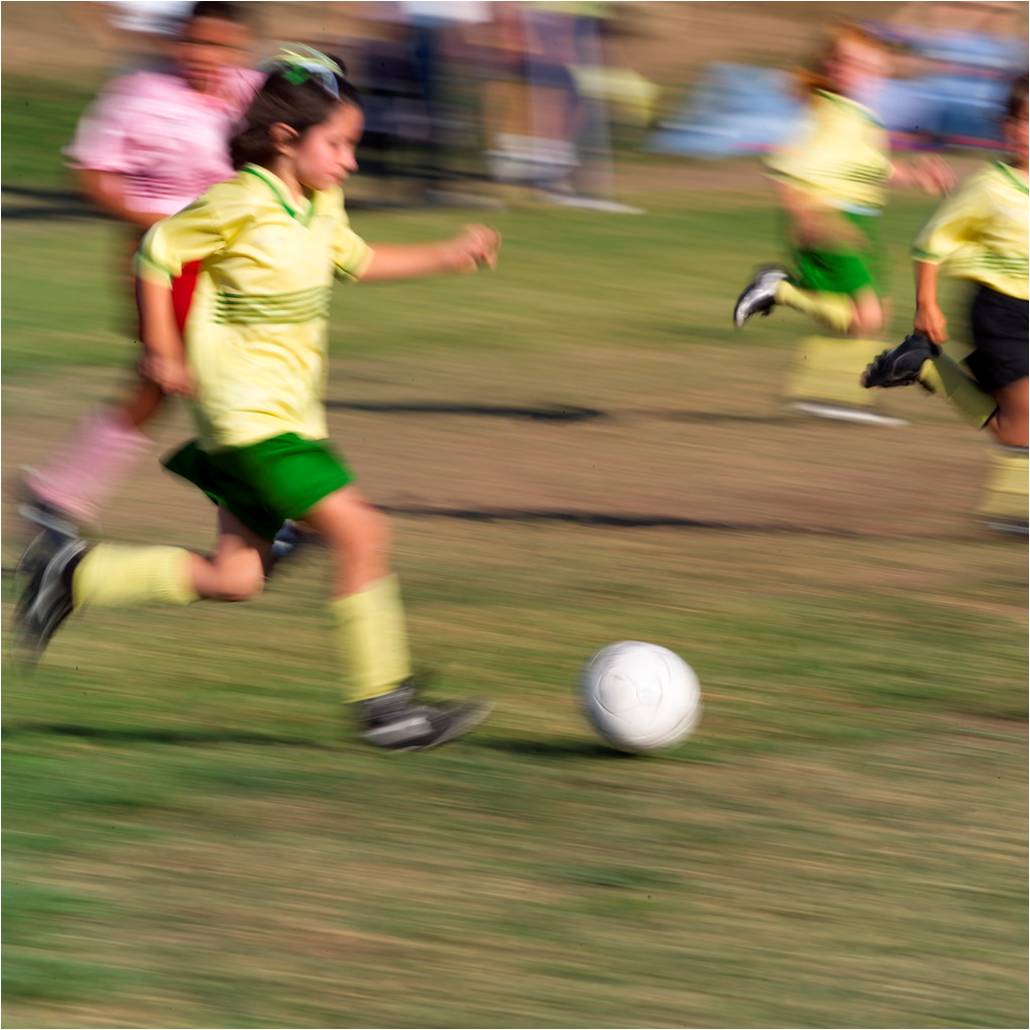Dyspraxia
Quick Facts about Dyspraxia:
- Defined by difficulty in conducting smooth and coordinated physical movement
- Approximately 5% of people are affected by the disorder, though the percentage is much higher in dyslexics
- More common in men than women
- May be hereditary but no specific gene has been identified as a cause
- Can impair speech by affecting the muscles used to talk
- There is no cure, but there are a number of effective treatments
|
National (US) Center for Learning Disabilities video describes the basics |
Definition of Dyspraxia
Dyspraxia - Dyslexia Links
Dyslexics often have some or all of the symptoms of dyspraxia, including things like poor pencil grip, difficulty with sequences of actions and being disorganized. In fact, the underlying causes of dyslexia, dyscalculia and dysgraphia all appear related given the significant overlap in symptoms and signs.
The word is composed of the Greek root words:
Dys for difficult and praxia for action or doing.
Essentially it is a difficulty in conducting smooth and coordinated physical movement.
It is sometimes referred to as Developmental Coordination Disorder (DCD), Perceptuo-Motor Dysfunction, or Motor Learning Difficulties. Older terms no longer in popular use included clumsy child syndrome or minimal brain damage.
It is a specific learning disability, distinct from dys-lexia, dys-graphia, dys-calculia (sometimes called math dys-lexia) and Attention Deficit Disorder (ADD) but they often occur together.

Causes
The exact cause is not known but according to the UK's National Health Service (NHS), some research suggests that it may be caused by motor neurons in the brain not developing properly. The motor neurons are specialized nerve cells that pass signals from your brain to your muscles, allowing physical movement.
It is believed that motor neurons in people with dyspraxia fail to form proper connections and are therefore less effective at transmitting electrical signals from the brain to the muscles. In some cases, the electrical signal from the brain may not reach the muscle at all, resulting in a failure to respond to the brain's request to move!
Symptoms / Signs
Pre-School Symptoms 0~5 years
- Late in reaching milestones such as rolling over, sitting, & walking
- Delayed speech and often difficult to understand
- Difficulty with fine motor skills
- Poor at dressing
- Slow and hesitant in most actions
- Falls over frequently
- Poor pencil grip
School Age Symptoms 6~18 years
Many pre-school symptoms remain plus:
- Continuing difficulty with fine motor skills (tying shoe laces, using scissors, cutlery)
- Avoids sports and physical education
- Experiences great difficulty in copying from the blackboard
- Writes laboriously and poorly
- Unable to remember and /or follow instructions
- Clumsy
- Poorly organized
Strategies for Home and School
There is no cure but there are many effective strategies and interventions including some you can be doing at home. You can start as early as age three. Research shows that the earlier the intervention the better:
- Speech and language therapy
- Occupational therapy (help with everyday tasks such as dressing). The OT Mom website has some some great ideas for improving gross motor and coordination skills
- Fine motor skills practice, practice practice! Really take the time to explicitly teach and repeatedly practice important daily motor skills such as fastening buttons, tying shoes and using cutlery
- Active Play - Play is the often the simplest route to learning for kids! Play catch, touch football, tag, hide and seek, let them play in the park
- Be patient, progress will be usually be slow, but there will be progress!
Return to the top of Dyspraxia
- Home ›
- Dyspraxia
New! Comments
Share your thoughts or ideas! Leave us a comment in the box below. You can post it at this site only or on Facebook too, it's up to you.